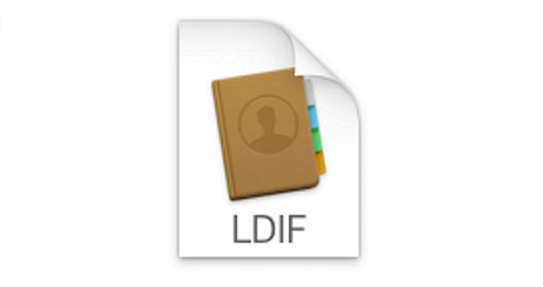Offline search tool for LDAP directory dumps in LDIF format.
Features
- Fast and memory efficient parsing of LDIF files
- Build
ldapsearchcommands to extract an LDIF from a directory - Show directory structure
- UAC and directory time format translation
Config options can be passed as CLI flags, environment variables, or via a config file courtsey of viper. Reference the project's documentation for all of the different ways you can supply configuration.
- By default,
ldsviewwill look for a file called.ldsview.{json,toml,yaml}in the user's home directory - Environment variables with a prefix of
LDSVIEWwill be read in by the application
Usage
Detailed usage information is available via the --help flag or the help command for ldsview and all subcommands.
Search Syntax
ldsview's search mechanism is based on the entityfilter project. Detailed information about search filter syntax can be found in that project's README.
Examples
- Build
ldapsearchcommand to extract LDIF files from a directory:ldsview cmdbuilder- The command will prompt you for any information needed
- Have the following ready:
- Directory host FQDN or IP
- Domain DN
- User to run as
- User's password
- Quickly find a specific entity in an LDIF file:
ldsview -f myfile.ldif entity myuser - Parse UAC flag from AD:
ldsview uac 532480 - Search LDIF file:
ldsview -f myfile.ldif search "adminCount:=1,sAMAccountName:!=krbtgt"- This command will return all entities with an
adminCountof 1 that are notkrbtgt -ican be used to limit which attributes are returned from matching entities--tdcwill translate directory timestamps into a human readable format
- This command will return all entities with an
Tools Directory
Additional tools and utilities for managing LDIFs:
Makefile: Place the Makefile in the same directory as your exported LDIF and run make.
>> make -j9 LDIF=./my.domain.ldifThis will split and create the following default LDIFs:
- users.ldif
- computers.ldif
- groups.ldif
- domain_admin.ldif
- poss_svc_accnts.ldif
- pass_not_reqd.ldif
- pass_cant_change.ldif
- users_dont_expire.ldif
- trusted_4_delegation.ldif
- preauth_not_reqd.ldif
- password_expired.ldif
- trust2auth4delegation.ldif
